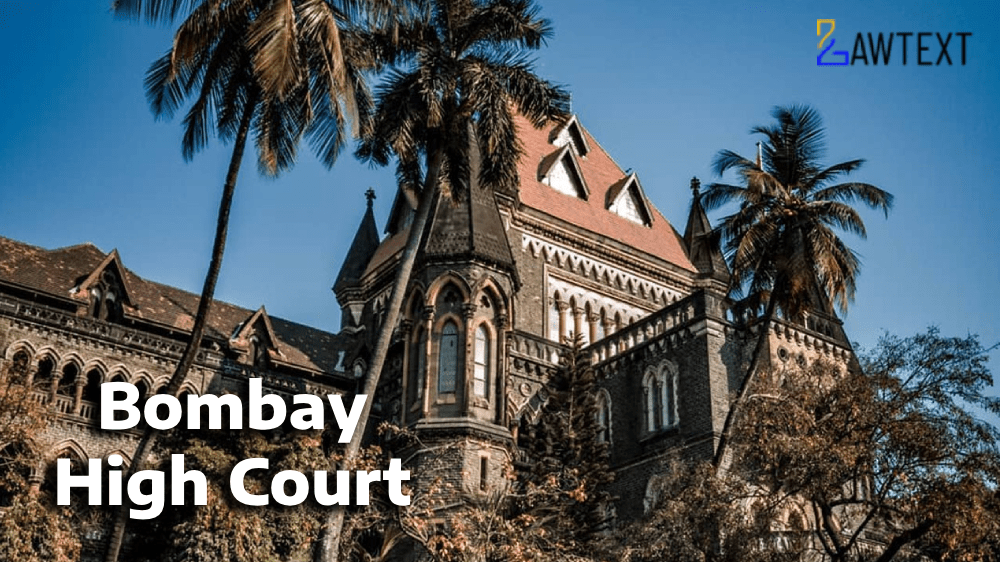Court Upholds Recruitment Rules of 2015, Dismisses Petition Challenging RFO Seniority List. Petitioners' reliance on superseded 1998 Rules and failure to include all affected parties lead to dismissal; seniority list validated under 2015 Rules.

CASE NOTE & SUMMARY
The petitioners challenged the seniority list based on the Recruitment Rules of 1998, arguing against the application of the Recruitment Rules of 2015. They contended that the training period should not count towards seniority and that the MAT's decision was flawed. The respondents, led by Senior Counsel Mr. Kaptan, argued that the 2015 Rules superseded the 1998 Rules and governed the entire recruitment process, including training and seniority. The court dismissed the petition, validating the seniority list prepared under the 2015 Rules, and noted the procedural lapse of non-joinder of affected persons. The petitioners were granted a four-week continuation of the current order to allow them to approach a higher court.
Non-Joinder of Parties
- The petitioners failed to include all 147 affected persons as respondents, which is a ground for dismissal.
Misinterpretation of Recruitment Rules
- Petitioners relied on the 1998 Rules, which were superseded by the 2015 Rules, applicable to directly recruited RFOs.
Training Period and Seniority
- The 2015 Rules explicitly state that the training period counts towards seniority, countering the petitioners' argument.
Inapplicability of Judicial Precedents
- The cited cases by the petitioners, like N.T. Devin Katti and Assam Public Service Commission vs Pranjal Kumar Sarma, do not apply due to different contexts and the 2015 Rules' clear supersession.
Legal Principles and Rule Changes
- The Supreme Court's principles indicate that the rules at the time of appointment consideration should apply unless retroactive application is specified.
Selective Challenge of 2015 Rules
- Petitioners did not challenge the validity of the 2015 Rules but only their application, weakening their case.
Decision of the Tribunal
- The Tribunal correctly upheld the application of the 2015 Rules, dismissing the petitioners' arguments.
Conclusion and Judgment
- The court dismissed the petition, affirming the seniority list under the 2015 Rules, with no order as to costs.
Post-Judgment Continuation
- Petitioners were granted a four-week continuation of the current order to seek relief from the higher court, while respondents opposed further relief.
ISSUE OF CONSIDERATION
Nilay Suresh Bhoge Ors. Versus The State of Maharashtra, through is Principal Secretary Revenue and Forest Department, Mantralaya Ors.
Citation: 2024 LawText (BOM) (8) 27
Case Number: Writ Petition No.2644/2024
Date of Decision: 2024-08-02
Case Title: Nilay Suresh Bhoge Ors. Versus The State of Maharashtra, through is Principal Secretary Revenue and Forest Department, Mantralaya Ors.
Before Judge: Smt. Vibha Kankanwadi & Mrs. Vrushali V. Joshi, JJ
Advocate(s): Mr. Abhay Sambre with Mr. A.B. Patil, Advocates for petitioners. Mr. C.S. Kaptan Senior Advocate a/b Mr. R.S. Kalangiwale, Advocate for respondent no.4. Mr. D.V. Chavhan, Government Pleader for respondent nos.1 to 3.
Appellant: Nilay Suresh Bhoge Ors.
Respondent: The State of Maharashtra, through is Principal Secretary Revenue and Forest Department, Mantralaya Ors.

